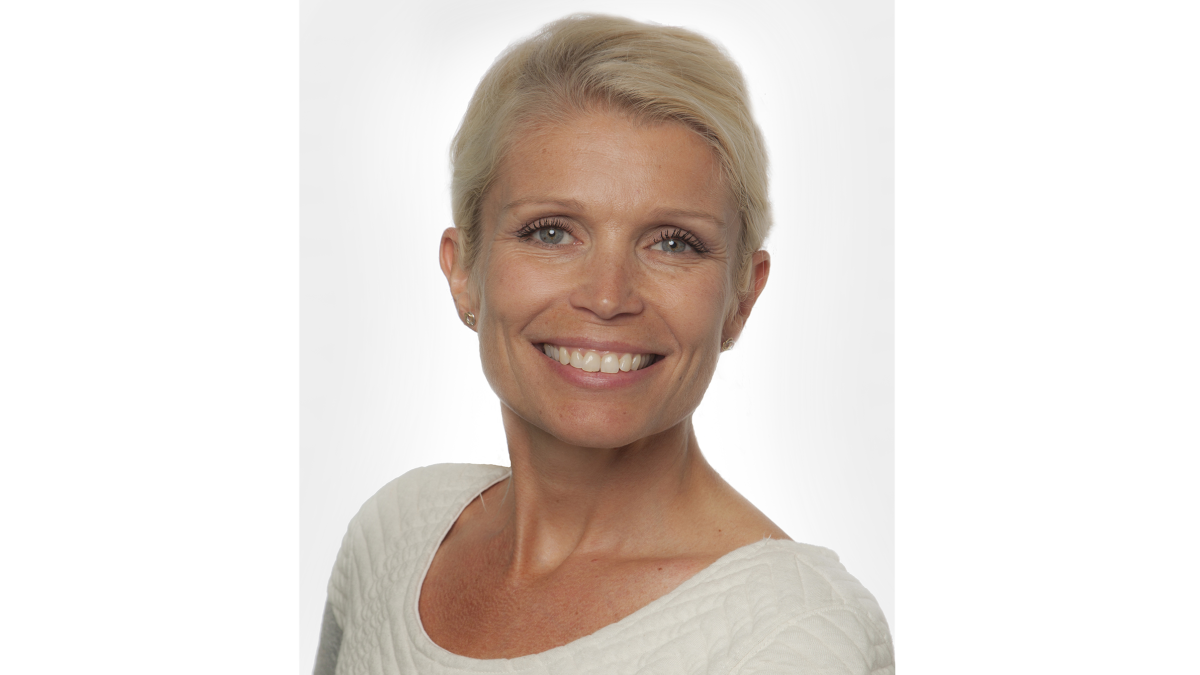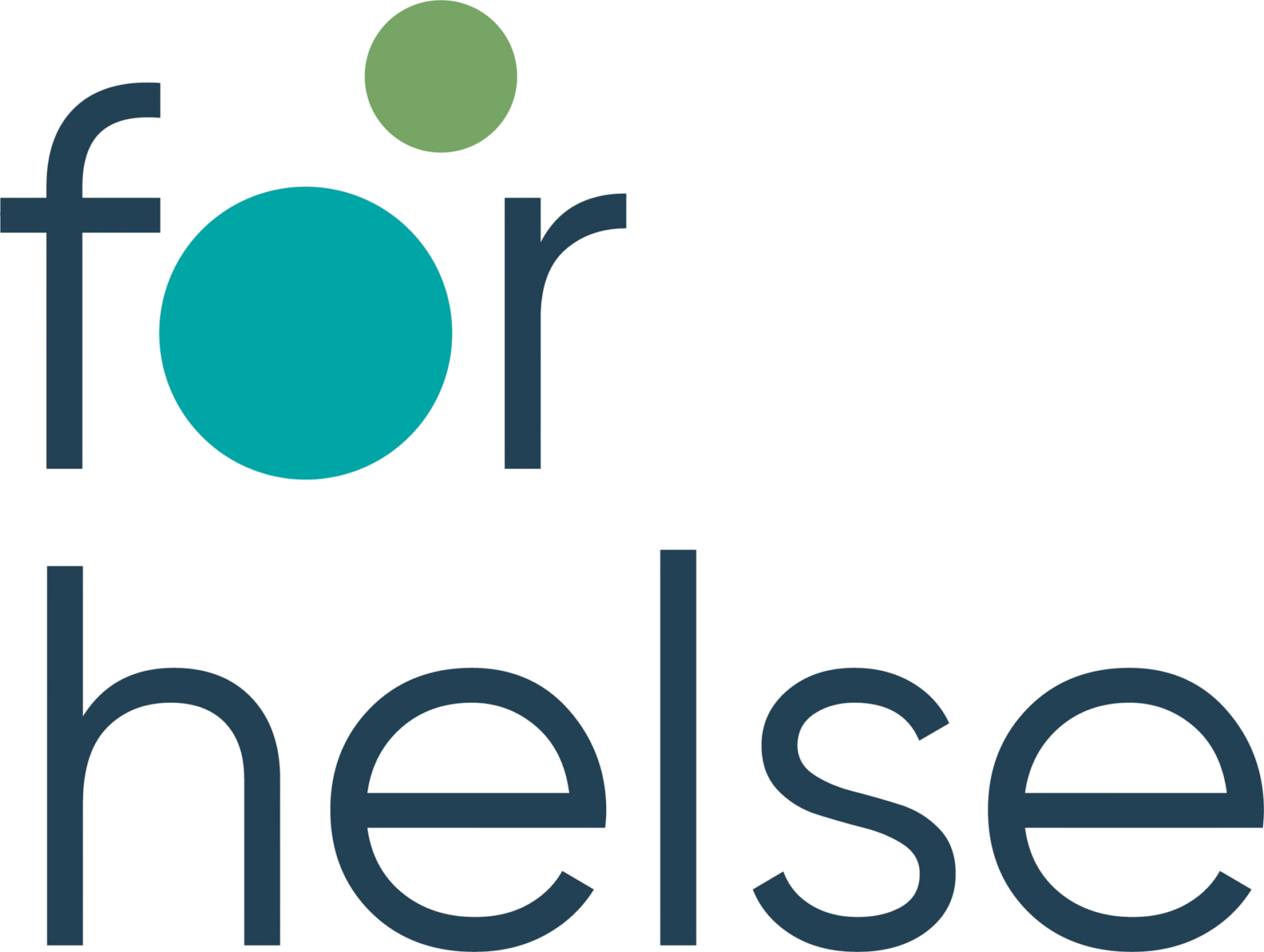Meet PhD candidate Jill Bjarke

Photo: Kirsten Sjøwall.
In August 2022, the research centre got another new and experienced PhD candidate, Jill Bjarke. This week we will get to know who Bjarke is and what she will be working on over the next few years.
Bjarke will write her doctoral thesis on the treatment options for both eMeistring and Health in Hardanger, which are two quite different approaches to health care. eMeistring is a digital treatment service with guidance from health personnel, while Health in Hardanger is a physical rehabilitation service with a 12-month digital follow-up.
Bjarke herself has clinical experience from the Psychiatric Emergency Department and from psychosis research in the Bergen Psychosis Research Group, which she brings with her into her PhD work. “Common to both of these workplaces is that I have worked closely with acute and serious mental illness, and I have experienced how difficult it can be to treat this, especially when patients arrive late for treatment,” says Bjarke.
-What is the goal of the project you are working on?
“In eMeistring, I will investigate predictors of long-term efficacy of the treatment programme. That is, I investigate whether there are common characteristics or aspects of patients and their diseases that can help us calculate or predict how the individual will respond to treatment some time after it has ended .
In Health in Hardanger, I will investigate how digital patient follow-up via a specially designed mobile application affects the change of functional level, knowledge about, as well as experience and management of illness over time. Health in Hardanger offers a concentrated rehabilitation program for a number of chronic and long-term health problems. You can read more about Health in Hardanger here. “When we learn more about what works and who it works for, we can better tailor the treatment to the individual,” says Bjarke.
-What challenges do you encounter along the way?
It is difficult to imagine the scope and what academic challenges I may encounter in the coming years, but I hope the challenges will give me learning. Personally, I’m a little impatient, so I’m working on accepting that things take time, and that it’s okay, says Bjarke with a twinkle in his eye.
Wishing for an accessible treatment
Bjarke points out that the gap between the need for, and the availability of, mental health care is still large. She is concerned with early and accessible help for mental health problems, regardless of where you live.
“Early intervention can help avoid serious and chronic illness, and digitalisation of health services increases accessibility. I wanted to be part of Forhelse precisely because they work purposefully to increase the use and effect of digital health services in mental health care, says Bjarke.
Bjarke is not only concerned with accessibility, but also places a high focus on patients.
Bjarke is not only concerned with accessibility, but also places a high focus on patients.
“Even though I haven’t worked clinically for many years, I’m still passionate about the patients. I am interested in how we as a health service can become even better at helping patients to live better lives with their challenges.
-What makes you look forward to going to work?
Looking forward to going to work may sound like a cliché from the tabloid press, but I look forward to every working day! I feel privileged to work in research full-time and devote all my attention to learning and writing. It is especially rewarding to contribute to the development of new mental health services. To both work with innovative health services that can contribute to more people getting effective and knowledge-based help, and in addition to being part of such a good working environment at both Forhelse and Helse in Hardanger, is like a Kinderegg! In addition, both Forhelse and Helse in Hardanger have interdisciplinary teams with broad expertise who are keen to share experiences and play each other well, she adds in conclusion.
